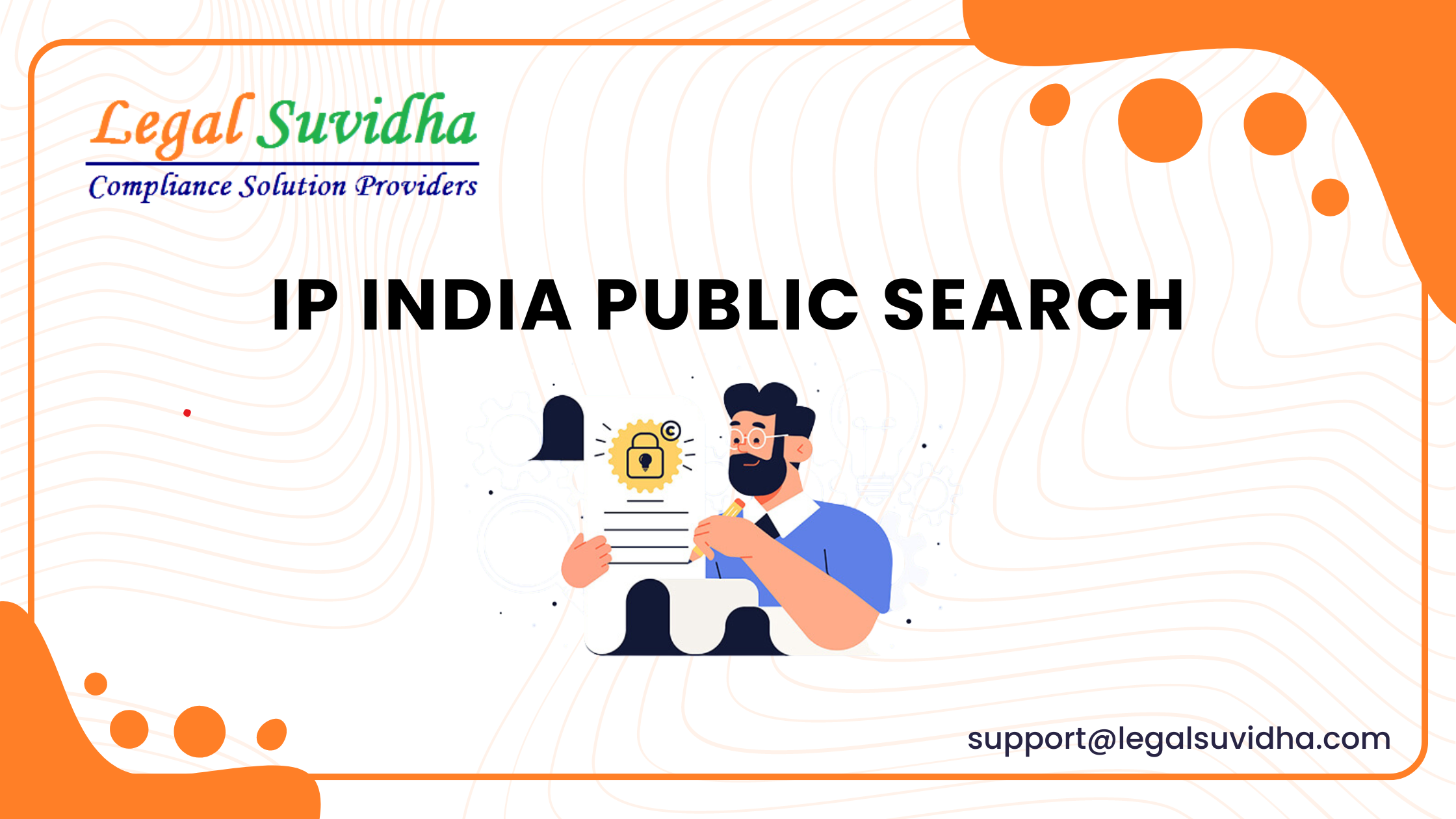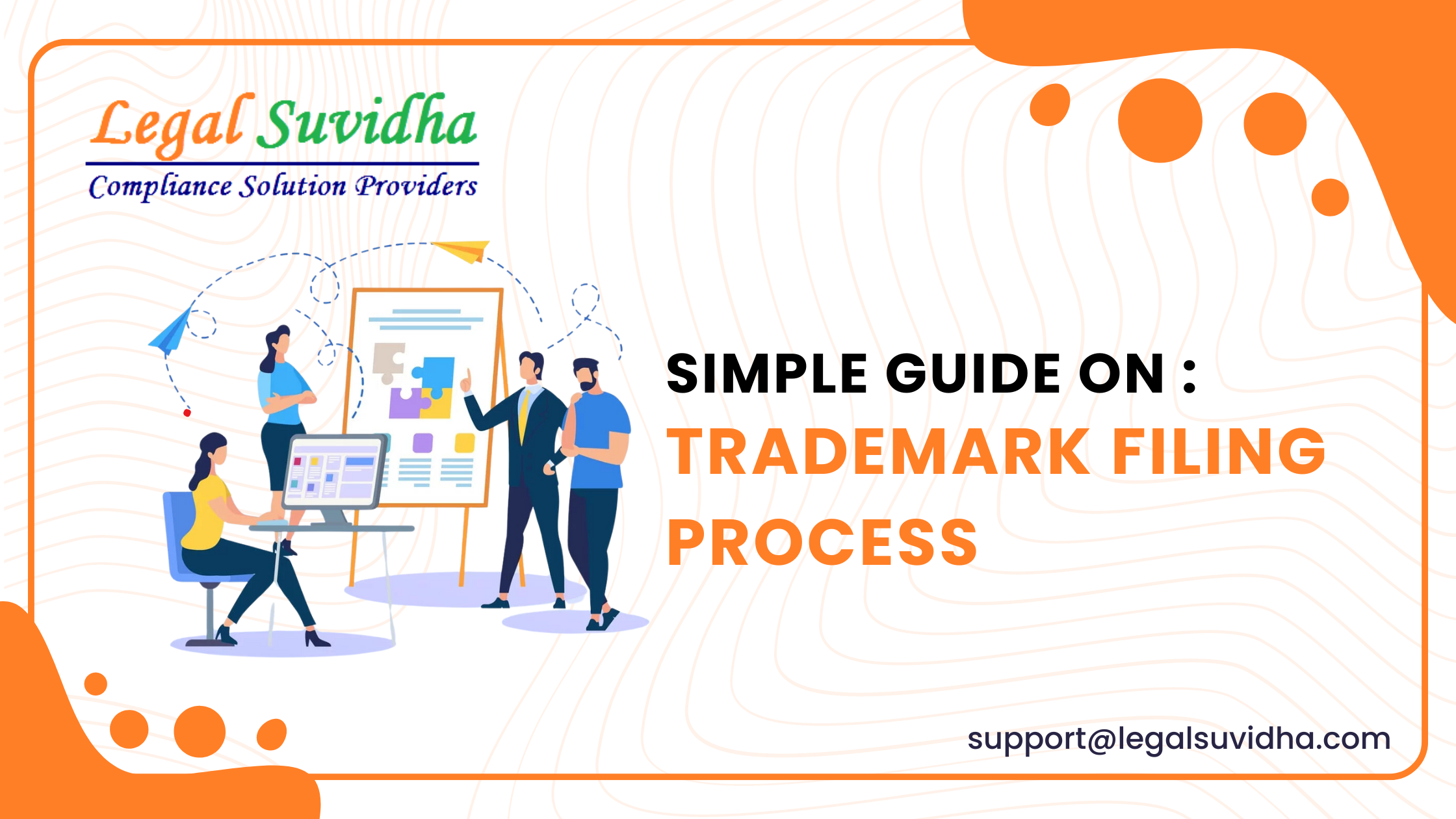Intellectual property rights are legal rights granted to individuals or entities that allow them to protect their intellectual property, including patents, trademarks, copyrights, and trade secrets. These rights not only help creators and inventors protect their work but also incentivize them to continue innovating.
Types of Intellectual Property Rights : There are four main types of intellectual property rights: patents, trademarks, copyrights, and trade secrets. Each of these rights protects different aspects of intellectual property.
Patents: A patent is a legal right granted by the government that gives the inventor exclusive rights to their invention for a limited period. This right prevents others from making, using, selling, or importing the invention without the inventor’s permission.
Trademarks: A trademark is a symbol, word, or phrase that identifies and distinguishes a company’s products or services from those of others. This right prevents others from using similar marks that may cause confusion or deceive consumers.
Copyrights: A copyright is a legal right granted to the creator of an original work, such as a book, music, or artwork. This right prevents others from copying, distributing, or selling the work without the creator’s permission.
Trade Secrets: Trade secrets are confidential information that gives a company a competitive advantage over others. This information is kept secret and not disclosed to the public or competitors.
The economic impact of intellectual property rights, including their role in promoting innovation, investment, and economic growth –
- IPRs provide legal protections for ideas and innovations, which incentivizes investment in research and development and brings new products and services to market.
- Creators and innovators are able to capture the value of their work through IPRs, which encourages further innovation and investment.
- IPRs promote competition by providing a framework for resolving disputes over ownership and infringement, allowing firms to compete on a level playing field.
- IPRs have a positive impact on economic growth by creating new industries and jobs. For example, the biotech industry and software industry have both benefited from IPR protections.
- Some argue that IPRs can be a barrier to access to essential medicines and technologies in developing countries.
- The economic impact of IPRs is complex and subject to ongoing debate, but there is little doubt that they play a critical role in promoting innovation, investment, and economic growth in many industries and economies around the world.
The challenges of enforcing intellectual property rights in the digital age, including issues related to piracy, counterfeiting, and online infringement –
- Enforcing intellectual property rights (IPRs) has become more challenging in the digital age.
- Piracy, which involves unauthorized reproduction and distribution of copyrighted works, is a significant challenge due to the rise of peer-to-peer file sharing networks and streaming services.
- Counterfeiting is also a major challenge in the digital age, as counterfeiters can use digital tools to create high-quality copies of physical products and sell them online, leading to revenue losses for brand owners and risks for consumer safety.
- Online infringement is a growing challenge, involving unauthorized use of trademarks, patents, and trade secrets on the internet, leading to the unauthorized profit from the goodwill of others.
- Enforcing IPRs in the digital age is complicated by the global nature of the internet, which makes it difficult to identify and locate infringers who often operate anonymously or from jurisdictions with weak intellectual property laws.
- The challenges of enforcing IPRs require innovative approaches, including leveraging technology to detect and prevent infringement, developing international legal frameworks for enforcing IPRs, and educating the public about the importance of respecting intellectual property rights.
The role of intellectual property rights in promoting creativity, cultural diversity, and the public domain –
- Intellectual property rights (IPRs) promote creativity by providing incentives for creators to invest time, money, and effort into developing new works.
- Copyright and patent protections provide a legal framework for creators to protect their work from unauthorized use and to receive financial compensation for their efforts, which encourages further innovation and creativity.
- IPRs support cultural diversity by protecting the intellectual property rights of creators from different cultural backgrounds and encouraging the development and dissemination of cultural expressions from diverse communities.
- This can help to preserve cultural heritage and promote understanding and respect between different cultures.
- IPRs also benefit the public domain by providing a mechanism for works to enter into the public domain after a set period of time or through other specific legal mechanisms, which can be used freely by anyone.
- It is important to balance IPRs with the public interest to prevent excessive protections that limit the availability and use of works in the public domain or restrict access to essential medicines and technologies in developing countries.
- Striking a balance between protecting the rights of creators and promoting the public interest is crucial for IPRs to promote creativity, cultural diversity, and the public domain.
The emerging trends & innovations in intellectual property law,such as new forms of intellectual property protection, alternative dispute resolution mechanisms, & open access licensing models –
Intellectual property law is constantly evolving to keep up with emerging trends and innovations. Here are some of the latest developments in intellectual property law:
- New forms of intellectual property protection: In addition to traditional forms of intellectual property protection, such as patents, trademarks, and copyrights, there are new forms of protection emerging. For example, trade secrets and design patents are becoming increasingly important in protecting innovations in technology and product design. Additionally, non-traditional trademarks, such as sound marks and motion marks, are becoming more common.
- Alternative dispute resolution mechanisms: Intellectual property disputes can be expensive and time-consuming to resolve in court. As a result, alternative dispute resolution mechanisms, such as mediation and arbitration, are becoming more popular. These mechanisms can be faster, less costly, and more flexible than traditional litigation, and can often lead to more creative and customized solutions.
- Open access licensing models: Open access licensing models, such as Creative Commons licenses, are becoming more prevalent in the world of intellectual property. These licenses allow creators to make their work available to the public while retaining some control over how it is used and shared. This can promote innovation, collaboration, and the sharing of knowledge.
- Digital rights management: With the rise of digital media, digital rights management (DRM) has become an important area of intellectual property law. DRM involves using technological measures to protect digital content from unauthorized use and distribution. However, DRM can also limit the ability of users to access and use digital content, leading to debates over the balance between copyright protection and the public’s right to access information.
- Artificial intelligence and machine learning: The use of artificial intelligence (AI) and machine learning (ML) is also impacting intellectual property law. For example, AI and ML algorithms can be used to search for prior art in patent applications, or to analyze data for trademark infringement. However, there are also concerns about the potential for AI and ML to create or generate intellectual property, leading to questions about ownership and control.
Overall, these emerging trends and innovations in intellectual property law reflect the changing landscape of technology and innovation, and highlight the need for flexible and adaptable legal frameworks to protect and promote intellectual property in the digital age.
If You have any query then connect with us at [email protected] or you can contact us & stay updated with our latest blogs & articles.









